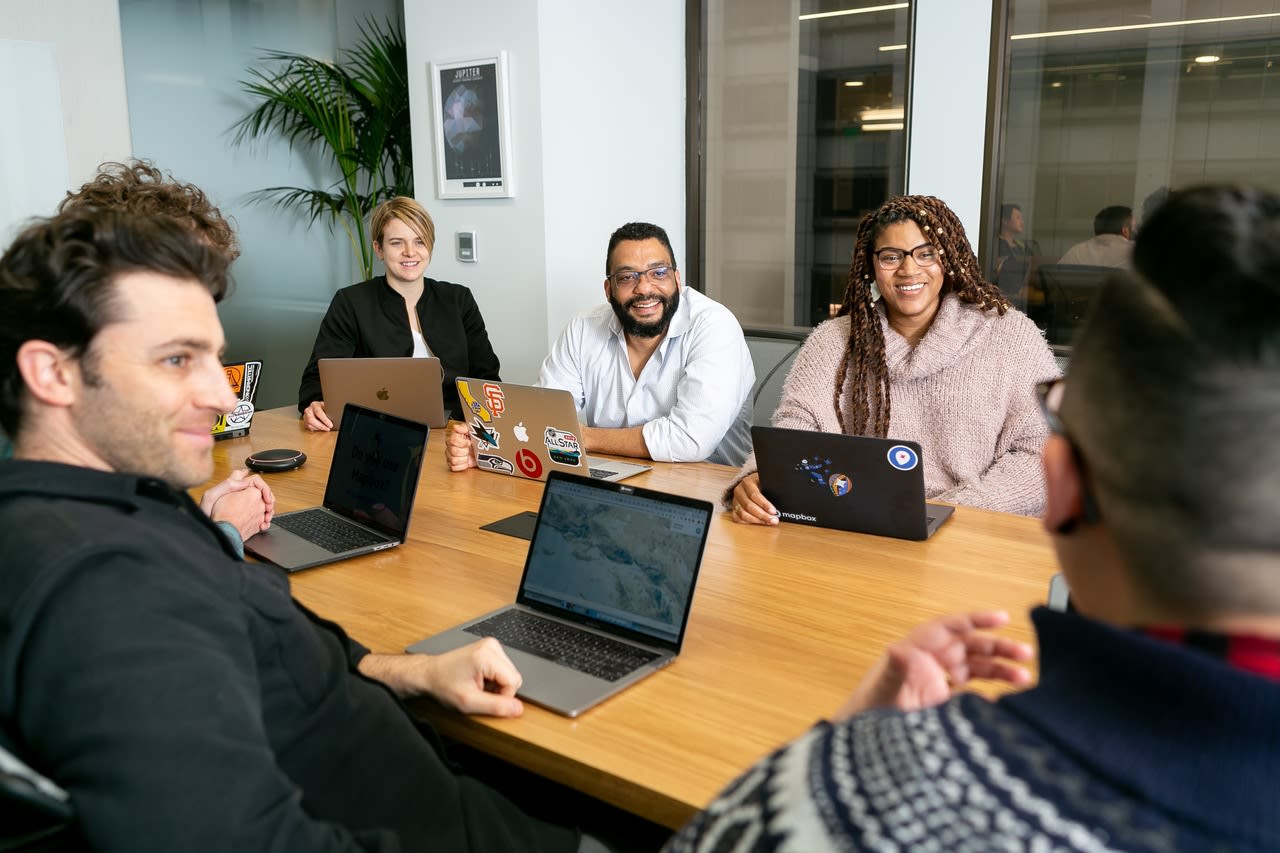A recent article by the International Journal of Corporate Social Responsibility analyzes the millennial workforce and their beliefs about CSR, in contrast to generations before them. Millennials care about corporate social responsibility, and they impact CSR programs in various ways. This post gives an inside look on how they do it.
Millennials and CSR
Millennials, often known as the generation synonymous with change, will make up a whopping three quarters of the global workforce within the next three years.
These individuals, born between 1981 and 1996, have played a huge role in the shaping of corporate social responsibility.
Millennials make up a significant part of today’s consumer culture, and they believe the companies from which they buy should be investing in the community to help make the world a better place.
Buying power of millennials and what it means for CSR

Millennial buying power has changed the course of consumerism. This generation certainly puts their money where they feel it matters.
According to a recent article by Lexington Law, millennial spending habits are very different from those of previous generations. On average, millennials spend $52,000 annually. Being the first generation that grew up on the internet, it’s no surprise that this group’s purchasing power has greatly affected CSR.
Millennials are more likely to purchase (and re-purchase) from brands that are investing in impact. 60 percent of millennials stay loyal to brands they purchase from, which puts more pressure on corporations to have a good CSR strategy in place, in hopes of retaining these socially-savvy buyers.

This is a generation that takes keen interest in a company’s values and doesn’t blindly buy from businesses whose beliefs don’t align with their own.
In 360 Market Reach’s article that goes over Gen Z and Millennials’ consumer trends regarding CSR and consumer activism, there was an emphasis on shared values and brand authenticity.
Over 80% of millennials “feel brands have the resources to make a difference in the causes that matter to them.”
Consequently, businesses are now being more strategic with their millennial CSR social media strategies, are being more present in the community, and are more transparent in their overall business approach.
As more millennials pay attention to what they spend their hard earned money on, corporations must make adjustments to their CSR strategy in order to keep this consumer base engaged and coming back for more.
Millennials’ sustainable investing habits and how they affect CSR

Business executives, shareholders, and CSR professionals have seen a change when it comes to sustainable, or impact investing — and guess which group is contributing to much of that change?
Millennials have been leading the pack in sustainable investing for the last decade, and have been giving more thought to where they put their money.
In a 2021 article by CNBC, it stated that approximately “one-third of millennials often or exclusively use investments that take ESG factors into account,” compared to smaller percentages of Gen Z, Gen X, and baby boomers.
ESG, or environmental, social, and governance, works in conjunction with corporate social responsibility. Companies that utilize ESG criteria have the upper hand on companies who don’t invest much in this area. Millennials are taking note of which companies are investing in ESG, and as a result, they are investing more into those companies.

CNBC’s article continues that since millennials had the advantage of growing up with internet access, more than previous generations, they were able to learn more about sustainable investment options and at a time when they hit their “prime investing years.”
Sustainable investing trends will continue to rise as more millennials place an emphasis on them. Is your company investing where it matters most?
Millennials and DEI efforts in the workplace

Millennials make up a significant portion of the workforce, so it’s no surprise that this group takes workplace culture seriously. CSR matters, like diversity, equity, and inclusion, or DEI, are important topics that the group would like to see improved by their employers.
Studies have shown that there will be a stronger link between DEI and CSR in the upcoming years as more DEI professionals work with companies’ CSR teams to create a more holistic business strategy. When companies improve their internal initiatives, such as the implementation of DEI programs, this in turn can lead to increased employee morale amongst employees and enriched brand association and loyalty.
There are a number of DEI issues that can occur within corporations, such as lack of diversity, racism, income inequality, and gender biases, and as CSR continues to become more widespread, millennials are taking note of such occurrences.
In a 2021 report by Deloitte, millennials gave their experience dealing with inequality at work. 56% of millennials said they “see systemic racism as very or fairly widespread in general society,” and 34% of the group see it first hand in their place of employment.
There are multiple ways that employers can ensure a diverse and inclusive workforce, such as doing some of the following:
- Improving current DEI practices and evaluating their effectiveness
- Having regular employee DEI trainings throughout the year
- Selecting DEI ambassadors within the corporation

The employee landscape is changing, and millennials play a big part in this change. They want to work for companies that value people from all backgrounds, and they will continue to seek employment from businesses that make DEI a priority.
Millennials care about CSR
Millennials have impacted corporate social responsibility in various ways, whether they realize it or not. Through their buying power, investing habits, and prioritization in workplace DEI, this generation has shown corporations just how important these CSR matters are to them and the community at large.
If your company wants to get more buy-in from millennials (and the up and coming workforce, Gen Z), check out the top CSR trends you should consider implementing this year.

